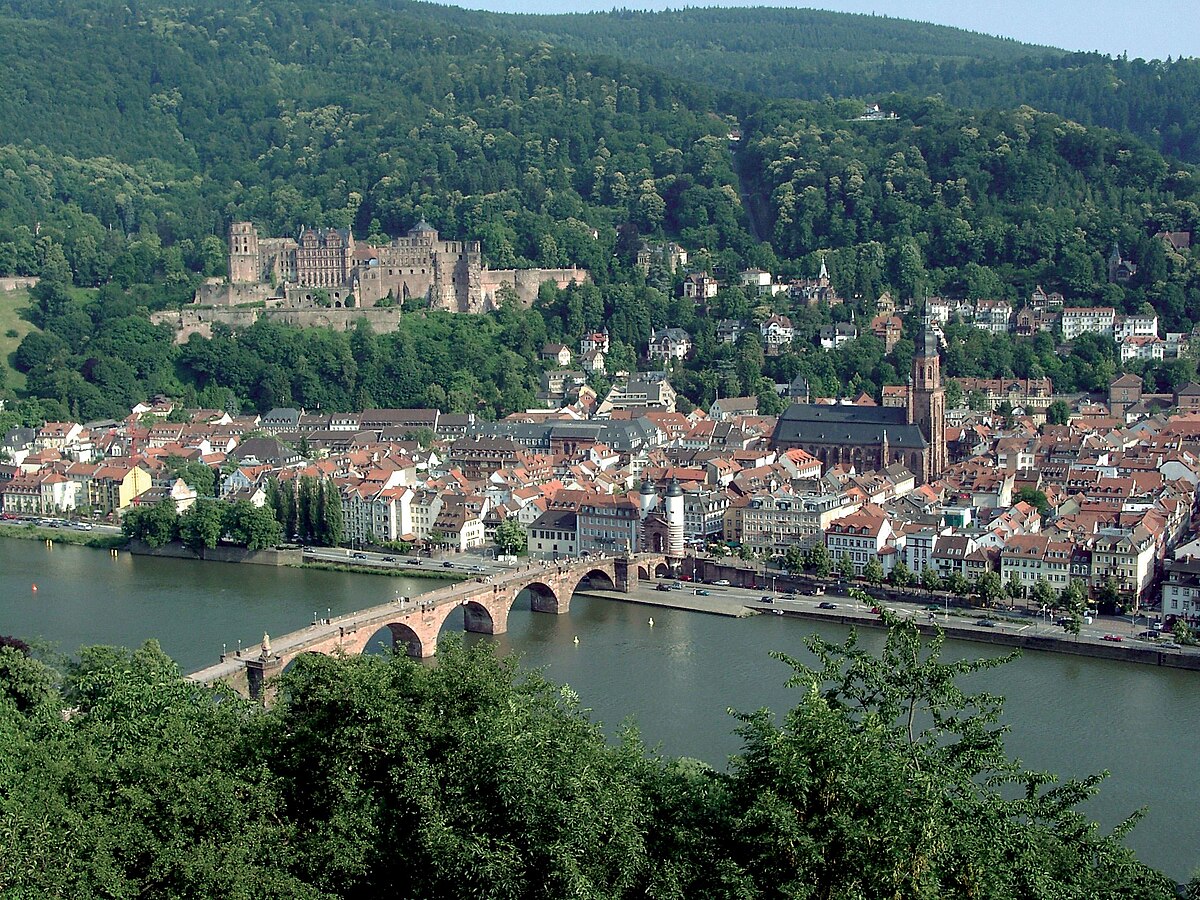DRESDEN AND THE HORROR FROM ABOVE
In Monday's Style section story on the bombing of Dresden, the city should have been described as being in eastern Germany, and the city of Leipzig was misspelled. Also, a photo caption inaccurately translated the name of the Church of Our Lady. (Published 2/15/95)
By Ken Ringle
February 13, 1995
Fifty years ago tomorrow, Benjamin L. Olsen, who now lives in Bethesda, climbed into the cockpit of his B-17 at a field near Bedford, England, and took off on what would become one of the most controversial missions of World War II.
As one 23-year-old pilot among more than 10,000 airborne warriors with the same destination, he knew little about it. He was only a tiny part of the giant Allied war machine hammering the final nails in the coffin of Adolf Hitler's Third Reich.
But what he would help wreak in his nine-hour round-trip flight to Germany's southeastern corner would be the greatest devastation inflicted from the air by either side on any European city. He was headed for a place called Dresden.
The firebombing of Dresden, which began 50 years ago today, is all but absent from the debates in classrooms and newspapers and on television screens these days over the moral costs and quandaries of World War II. The controversial script for the Smithsonian's ill-fated Enola Gay exhibit barely mentions it. Anti-nuclear critics tend to ignore it altogether.
Yet the destruction of Dresden remains perhaps the most needless and avoidable tragedy of the war against Germany and Japan: a casually chosen, gratuitous horror that contributed little to ending the war and incinerated between 35,000 and 100,000 people together with a global treasure trove of baroque art and architecture.
When the Japanese city of Kyoto, heavy with military industry, was designated the prime target for the first atomic bomb, Secretary of War Henry L. Stimson stepped in and saved it because of its beauty, its history and its art. The "Florence of the Elbe," on the other
hand, was erased haphazardly, with no apparent forethought.
"I have never been able to make any sense out of {the decision to bomb} Dresden," said military historian John Keegan last week from his home outside London. "It seems to belong to that frenzy of violence in the last months of the war when the Allies were moving area' bombing into highest gear, intent on reducing the whole of Germany to an inert corpse."



